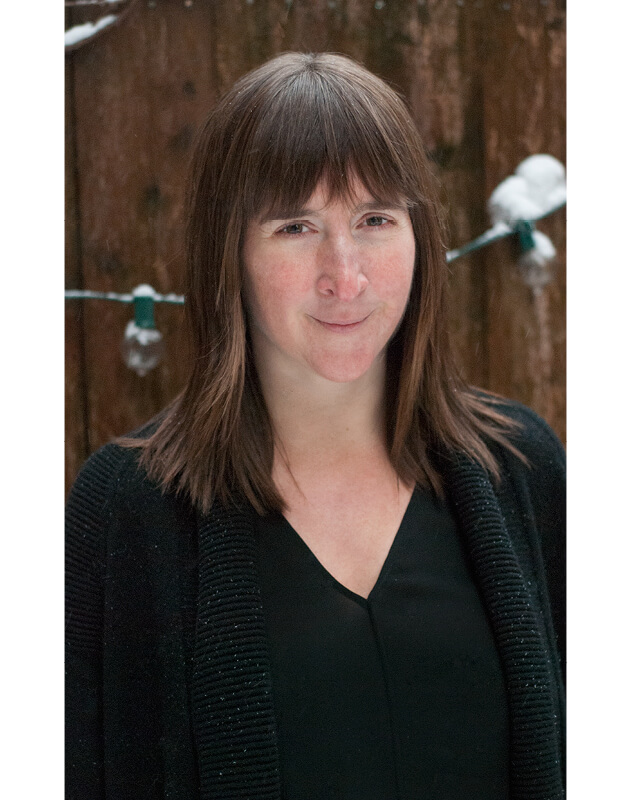The People In Your Neighborhood: Jynne Dilling Martin


Photo by Jane Bruce
Most of the time, poet Jynne Dilling Martin lives in a beautifully decorated duplex in Park Slope with her partner and their two cats, working as publicity director and associate publisher for Riverhead Books, where she champions novels from the likes of Meg Wolitzer, Nick Hornby, and Junot Diaz. But for six weeks last winter, Martin lived in Antarctica as the continent’s artist-in-residence through the National Science Foundation.
Martin shadowed scientists and filled up Moleskines with observations of life in one of the most remote places on earth. The resulting poems, just published in the volume We Mammals In Hospitable Times, are as rich, unique, and full of wonder as the landscape and animals that inspired them. (Even the titles are tiny, wonderful creatures in themselves: “We Can Eat Only Marshmallows And Still Survive” and “Always Throw the First Fish Back.”) We talked to Martin about her book, living at the end of the world, and Werner Herzog.
What was it like to go to Antarctica as a poet?
On my way over, I would talk to people who would be going to do serious scientific research or traveling to be there as part of the support staff, people who were there to help life function. So it was a little odd to say, “Oh, I’m a poet.” It felt like being a court jester. But I got a lot of writing done there, because I had time and so much inspiration. Most of the poems in the book were written while I was there. And the community was incredibly accepting. You’re in close quarters, and you end up bonding quickly. I made some lifelong friends.
Antarctica itself was incredible, just the sheer vastness of the place. It’s hard to imagine a place more remote, except maybe outer space. When I touched down, I remember getting out of the plane and standing there in awe, thinking “If I had to turn back now, and this is all I got, it would still be enough.”
What was one of the things you weren’t expecting?
I was impressed by just how seriously people took the Antarctic Treaty, which stipulates that the continent should be as preserved as possible. You have to, for example, collect your urine in a Nalgene and then they put it in a barrel and ship it off the continent. You can imagine how difficult it is at one of these field camps, where you’re already wearing thirteen layers, to try to pee into a bottle.
Did you watch the Werner Herzog documentary on Antarctica before you went?
Oh, of course! I got to know many of the people in that film. Around McMurdo [the station Martin was based in], there are actually some bad feelings about the film. I think they felt he made it sound like a freak show down there. You have to be into his thing, which is sometimes turning people into caricature. Actually, he’s the reason that you now have to wear a helmet on snowmobiles down there, because when he was filming, I think he fell off one? You should have to wear a helmet anyway; those things go very fast. But you don’t move to Antarctica if you love rules. So whenever I rode on a snowmobile, someone would say, “You know why we have to wear these helmets, don’t you?”
What was it like coming back to Brooklyn after that?
I was happy to have things like fresh vegetables and running water, but I found coming back depressing. We’ve really fucked up the planet. Coming back to New Zealand from this wild place and seeing medians filled with crushed grass blades and potted plants was such a sad feeling. And it’s not like a trip to, say, Laos, where you can plan to go back. Tourists don’t really get to go to Antarctica; you just skirt the coast and stand on one of the islands for a couple hours. You really have to work there. What most people don’t know is that it’s possible to work there for a season, which goes during the aural summer from October to February. There are incredibly fascinating people who come down every year to work as a cook or a janitor or some other support job, just for a chance to be in Antarctica. It’s worth it. I would love to go back someday.
You might also like 




















